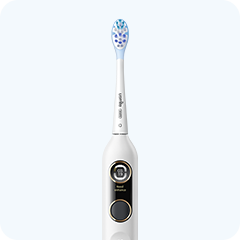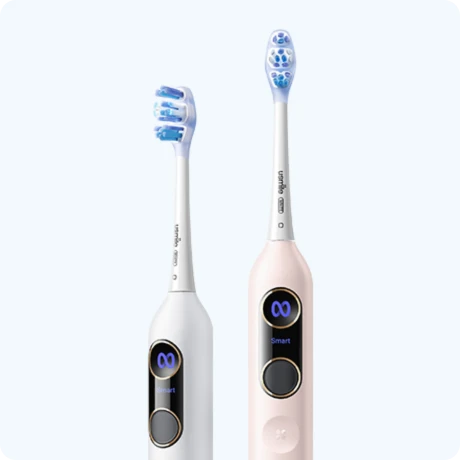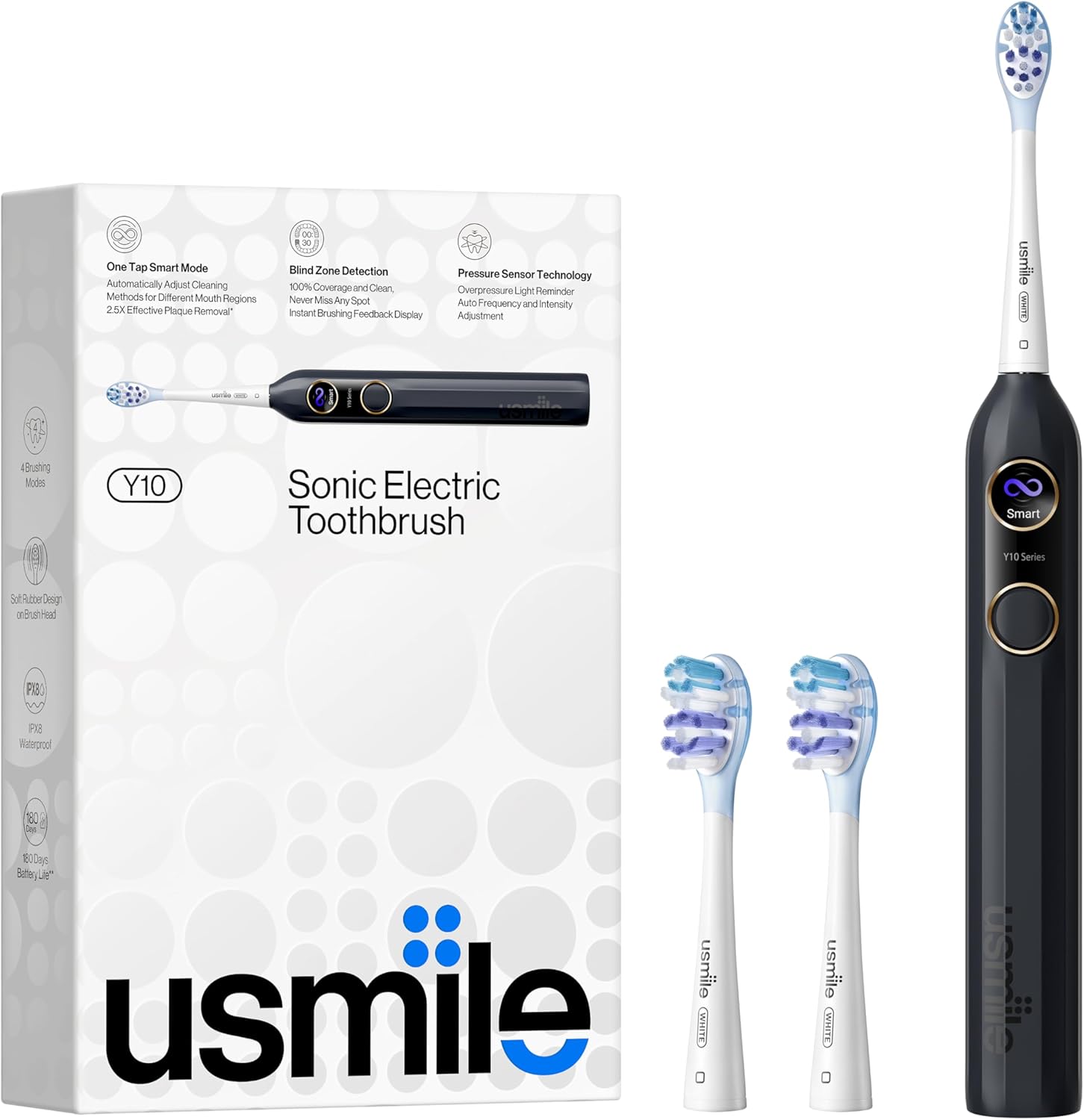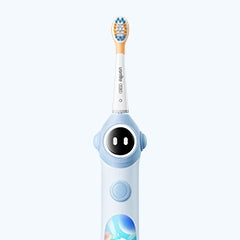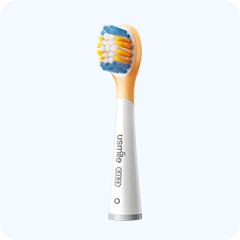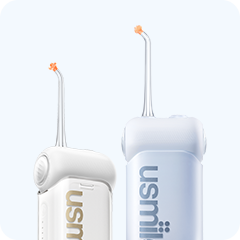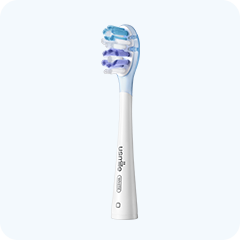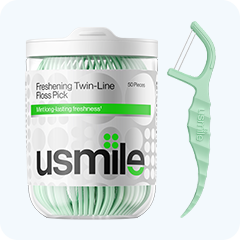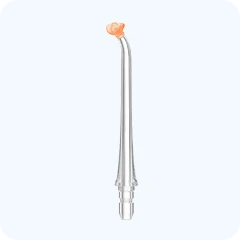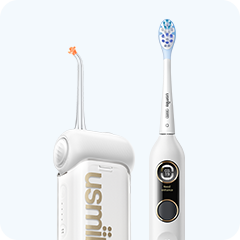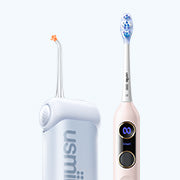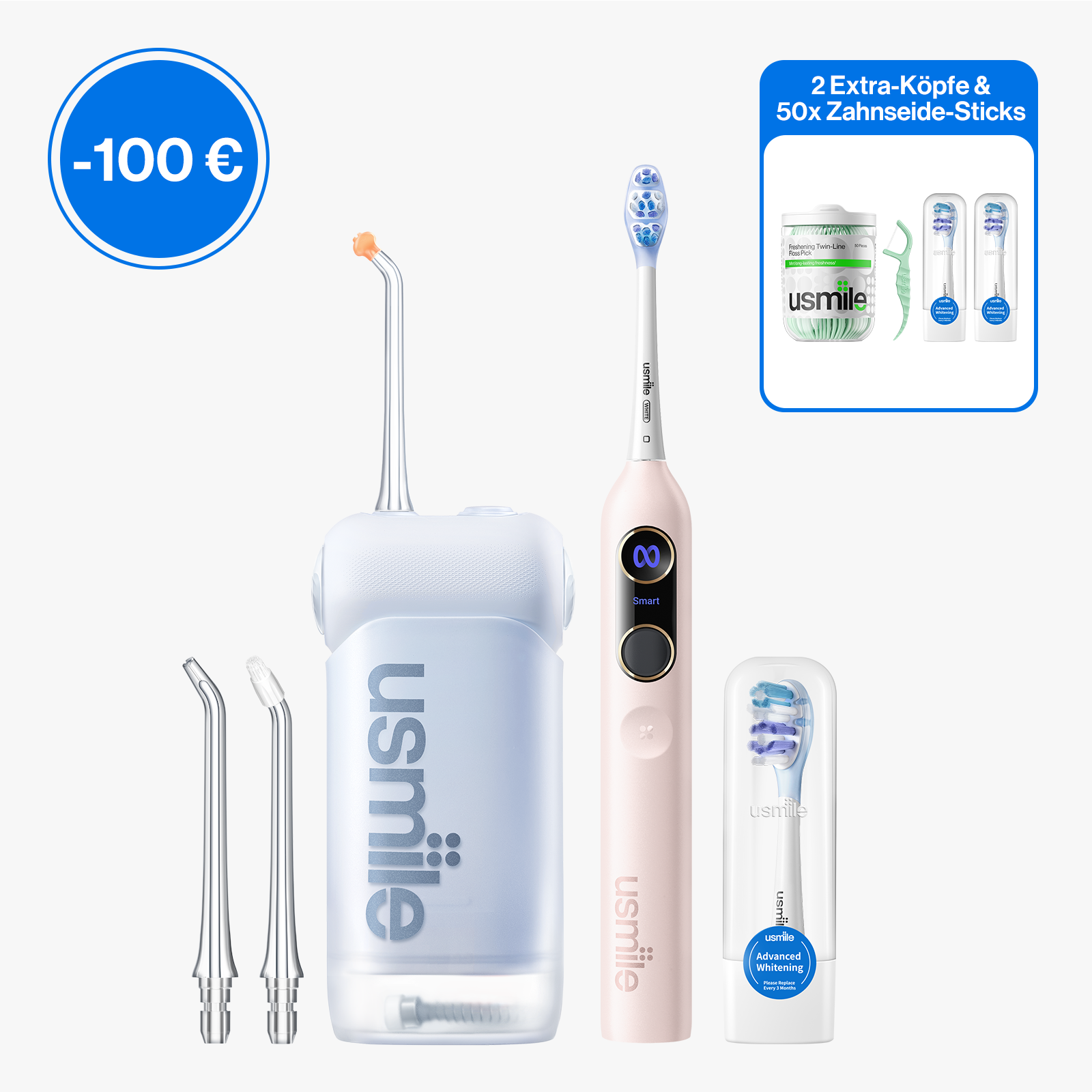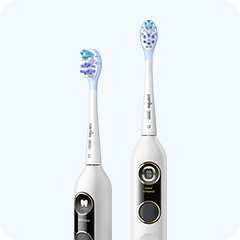Karies und Zahnfleischerkrankungen werden durch Plaque verursacht, eine klebrige Verbindung aus Bakterien und Nahrung. Plaque bildet sich innerhalb weniger Minuten nach dem Essen auf den Zähnen. Werden die Zähne nicht täglich gründlich gereinigt, führt Plaque zu Karies oder Zahnfleischerkrankungen. Wird Plaque nicht entfernt, bildet sich daraus eine harte Ablagerung, der sogenannte Zahnstein, der sich an der Zahnwurzel festsetzt. Plaque und Zahnstein reizen und entzünden das Zahnfleisch. Bakterien und die entzündliche Reaktion des Körpers darauf führen zu:
- Infiziert
- Geschwollen
- Zart
Durch die gute Pflege Ihrer Zähne und Ihres Zahnfleisches können Sie Probleme wie Karies und Zahnfleischerkrankungen (Gingivitis oder Parodontitis). Sie sollten Ihren Kindern auch schon früh das Zähneputzen und die Verwendung von Zahnseide beibringen, um ihre Zähne zu schützen.
Plaque und Zahnstein führen zu einer Reihe von Problemen:
- Karies oder Zahnfäule sind Löcher in der Zahnstruktur.
- Zahnfleischentzündung ist rot, geschwollen, entzündet und hat Zahnfleischbluten.
- Parodontitis ist eine Zahnfleischentzündung, die die Stützstrukturen der Zähne wie Zahnfleisch, Bänder und Knochen schädigt und häufig zum Zahnverlust führt.
- Mundgeruch (Mundgeruch).
- Abszesse, Schmerzen, Unfähigkeit, die Zähne zu benutzen.
- Andere gesundheitliche Probleme außerhalb des Mundes, von Frühgeburten bis hin zu Herzerkrankungen.
SO PFLEGEN SIE IHRE ZÄHNE
Gesunde Zähne sind sauber und frei von Karies. Gesundes Zahnfleisch ist rosa, fest und blutet nicht. Um gesunde Zähne und Zahnfleisch zu erhalten, befolgen Sie diese Schritte:
-
Benutzen Sie mindestens einmal täglich Zahnseide . Am besten nach dem Zähneputzen. Zahnseide entfernt Plaque, der nach dem Zähneputzen zwischen den Zähnen und auf dem Zahnfleisch zurückbleibt.
-
Putzen Sie Ihre Zähne zweimal täglich mit einer weichen Zahnbürste. Putzen Sie die Zähne jedes Mal mindestens 2 Minuten lang.
- Verwenden Sie fluoridhaltige Zahnpasta. Das Fluorid stärkt den Zahnschmelz und beugt Karies vor.
-
Ersetzen Sie Ihre Zahnbürste alle 3 bis 4 Monate oder bei Bedarf früher. Eine abgenutzte Zahnbürste reinigt Ihre Zähne nicht mehr so gut. Wenn Sie eine elektrische Zahnbürste verwenden, wechseln Sie auch alle 3 bis 4 Monate den Bürstenkopf.
- Ernähren Sie sich gesund. Wenn Sie gesunde Lebensmittel essen, ist die Wahrscheinlichkeit einer Zahnfleischerkrankung geringer.
- Vermeiden Sie Süßigkeiten und gesüßte Getränke. Der Verzehr von Süßigkeiten erhöht das Kariesrisiko. Wenn Sie Süßigkeiten essen oder trinken, putzen Sie sich kurz danach die Zähne.
- Rauchen Sie nicht. Raucher haben häufiger Zahn- und Zahnfleischprobleme als Nichtraucher.
- Halten Sie Zahnprothesen, Retainer und andere Geräte sauber. Dazu gehört regelmäßiges Bürsten. Möglicherweise müssen Sie sie auch in einer Reinigungslösung einweichen.
- Vereinbaren Sie regelmäßige Kontrolltermine mit Ihrem Zahnarzt. Viele Zahnärzte empfehlen für eine optimale Mundgesundheit alle sechs Monate eine professionelle Zahnreinigung. Bei Zahnfleischerkrankungen kann ein Zahnarztbesuch alle drei bis vier Monate erforderlich sein.
Regelmäßige Zahnreinigungen beim Zahnarzt oder einer Dentalhygienikerin entfernen Plaque, der sich trotz sorgfältigem Zähneputzen und der Verwendung von Zahnseide bilden kann. Dies ist sehr wichtig, um auch Stellen zu erreichen, die Sie alleine nur schwer erreichen können.
